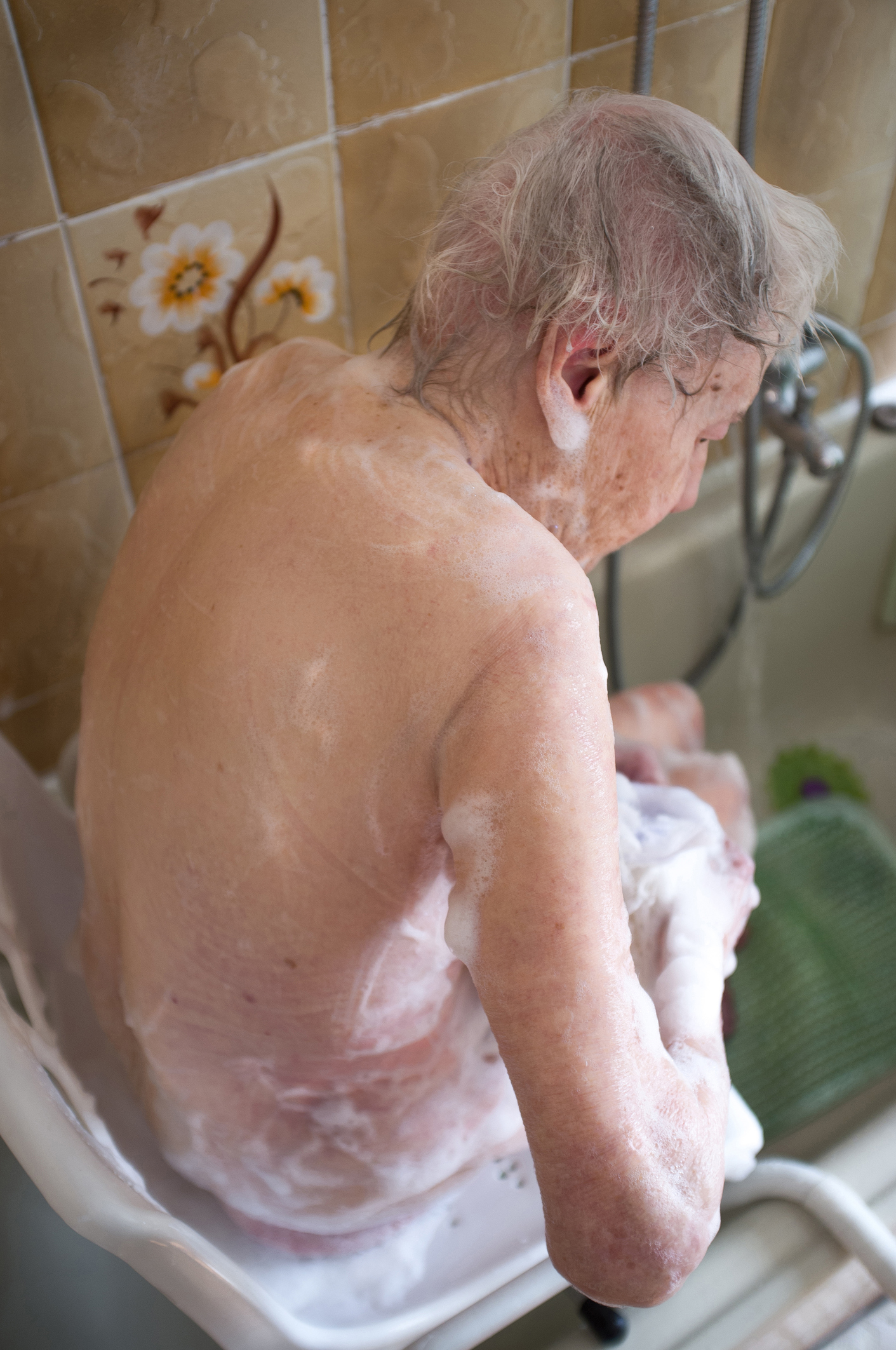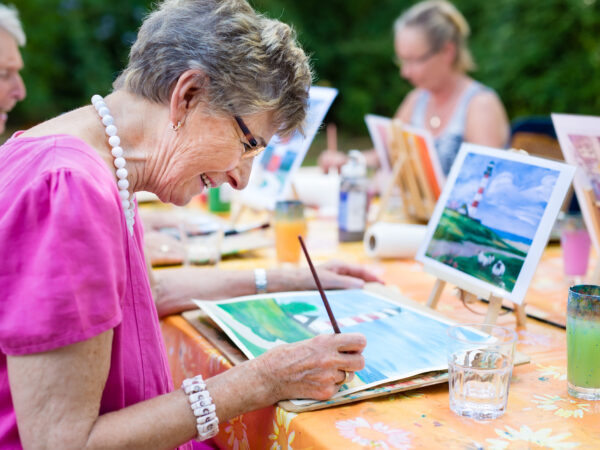When our elders become frail and unable to look after themselves or families can no longer provide all the necessary care at home, we turn to nursing homes and long term care facilities to ensure some of the most vulnerable members of society receive the physical, social and emotional support they deserve in old age.
But what has not been acknowledged or properly investigated in America is the level of sexual abuse going on at nursing homes across the county. Because many of the victims suffer from dementia, are unable to talk or are fearful of retaliation, a startling number of crimes go unreported and unprosecuted.
CNN Investigations recently released a scathing report about sexual assaults in nursing homes that are dismissed by administrators and police as unbelievable because elderly victims are deemed untrustworthy witnesses who may be confused or delusional. Short of being caught in the act, perpetrators of sexual assault on elderly victims are largely going unchecked.
The National Council on Aging reports that 1 in 10 Americans over the age of 60 have suffered some type of elder abuse but only about 1 in 14 cases are reported.
According to CNN, more than 1,000 U.S. nursing homes were cited by the federal government for “mishandling or failing to prevent alleged cases of rape, sexual assault and sexual abuse” between 2013 and 2016. And with a burgeoing senior population, this hidden epidemic of abuse will escalate rapidly without substantial changes to the handling of sexual assault in long term care facilities.
Nursing homes are often reluctant to report sexual assault claims to avoid penalties such as loss of funding, expensive court cases and fines. But even in cases of facilities with a long history of abuse, they are rarely shut down because of the potential to displace many seniors with very few if any other options.
What can families do to protect their elderly loved one from sexual predators?
- Look for facilities with a high staff to patient ratio. More eyes on patients equals less opportunity for abuse.
- Visit often and at different times of day, talking with staff about any changes in behavior.
- Ask nursing homes about their specific training and policies regarding elder abuse and sexual abuse.
- Watch for signs of abuse; injury, neglect, or a sudden change in behavior.
- Don’t assume the patient is confused or making things up. Look for evidence of abuse including unexplained bruises or injury and if sexual assault is suspected, preserve any evidence such as clothing or bedding.
- Report the abuse of an older adults by calling 911 if they are in immediate danger or find an Eldercare resource by calling 1-800-677-1116.
For more information and state resources available for seniors at risk for abuse, visit the National Center on Elder Abuse website by following this link. In Canada, visit the Canadian Network for the Prevention of Elder Abuse website here.






Add Your Voice
0 Comments
Join the Discussion